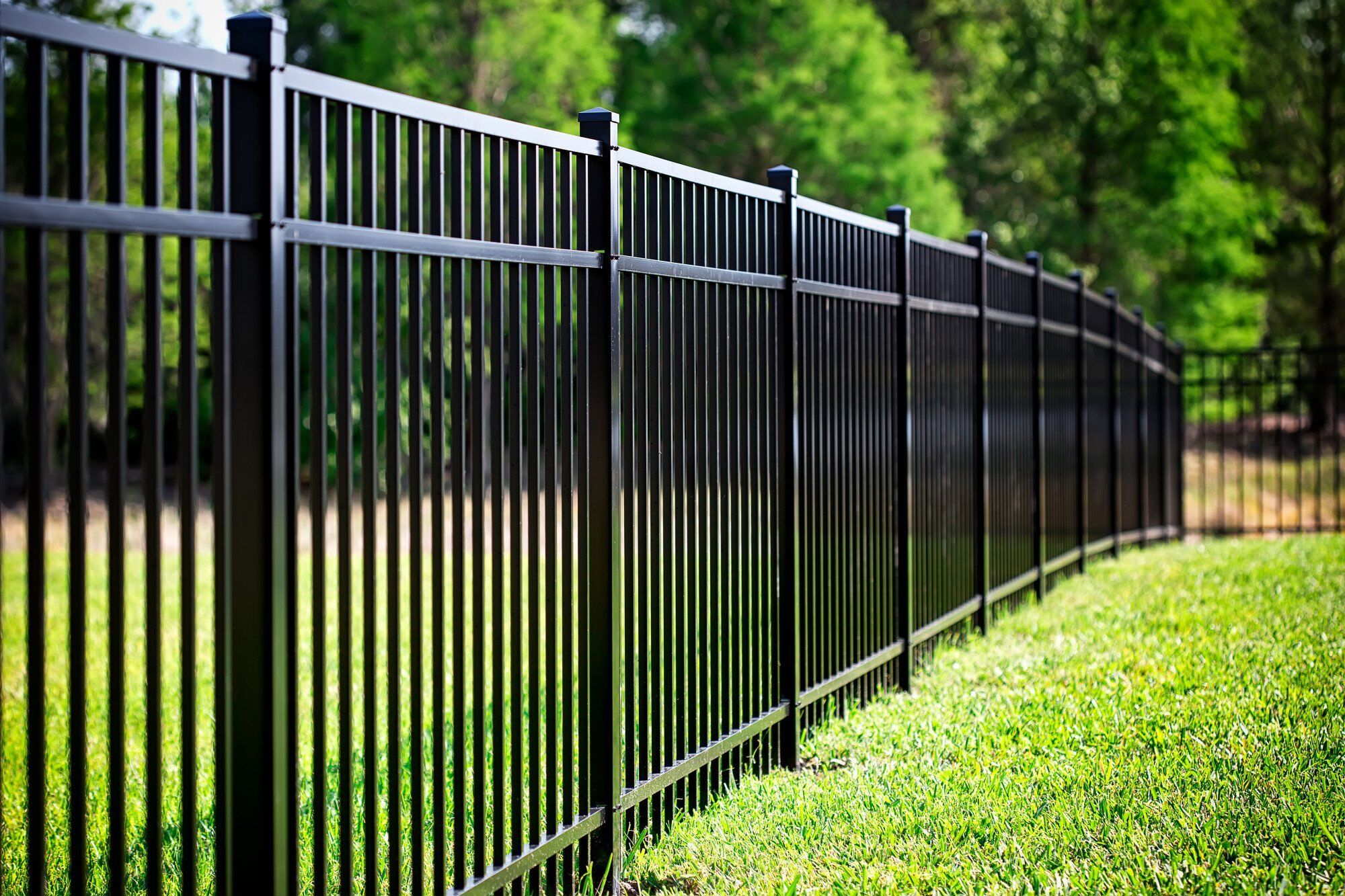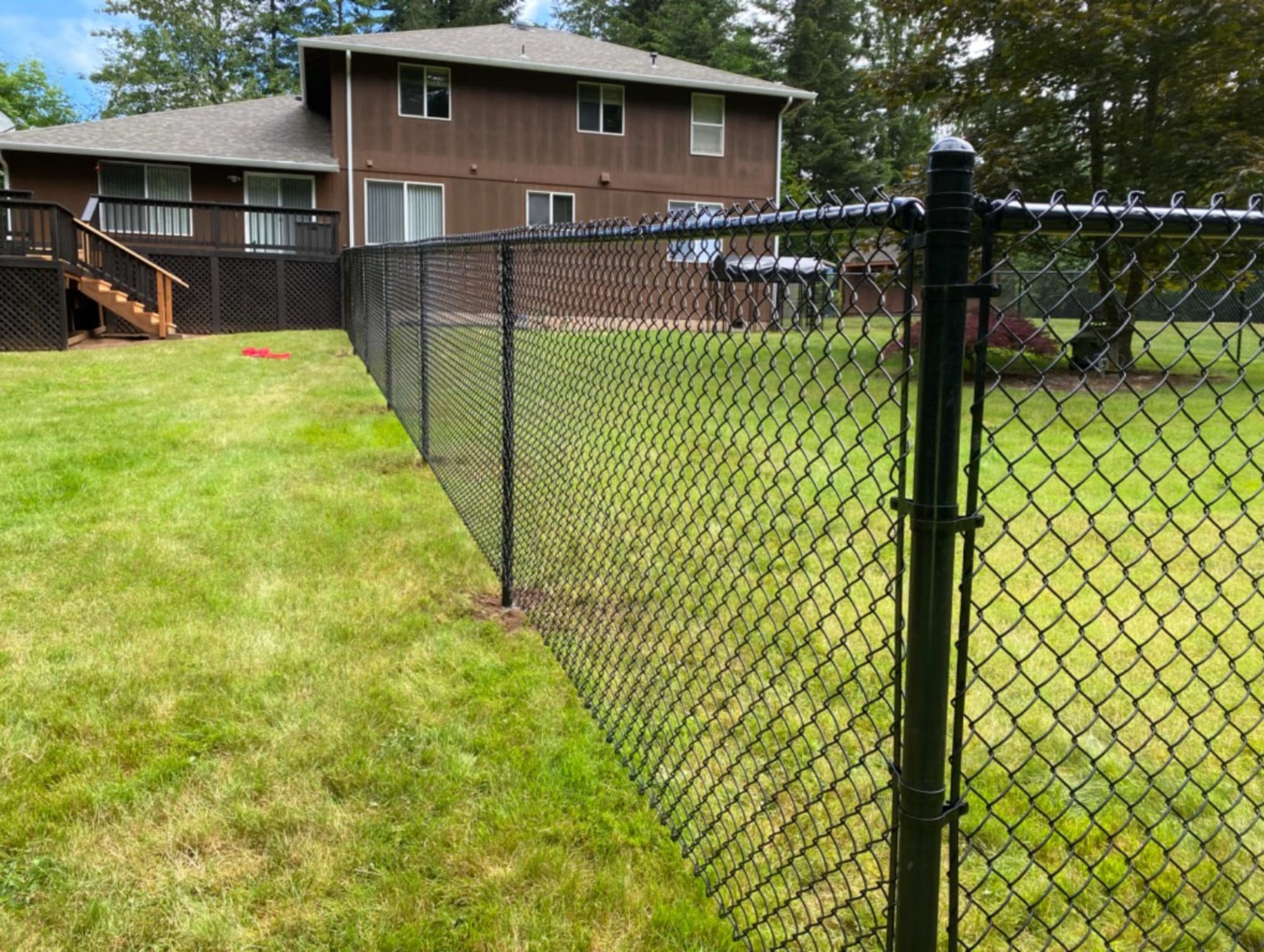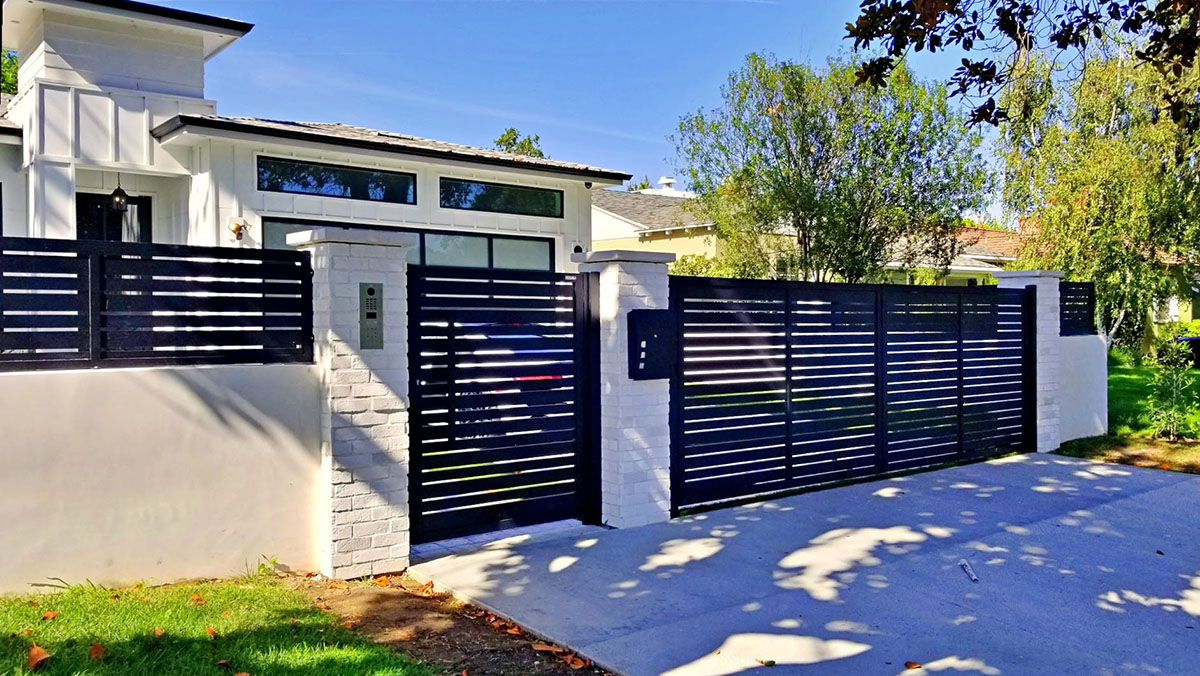All Categories
Featured

When it involves choosing the appropriate fence product for your building, plastic, wood, and aluminum are amongst the most preferred choices. Each product offers distinct benefits that fit different demands, preferences, and budgets. Comprehending the advantages and disadvantages of each kind can aid you make an educated choice based on your priorities, whether that's aesthetic charm, durability, or maintenance demands. Listed below, we break down the advantages and disadvantages of these three usual secure fencing materials.
Wood Secure Fencing. Pros:
Visual Appeal: Wood fences offer an all-natural, classic look that complements most kinds of landscaping and style. They can be easily tailored with paint or discolor, offering you the liberty to create the ideal color and surface for your building. Versatility: Timber can be utilized to produce a selection of fence styles, from conventional picket fences to much more modern layouts like personal privacy fences or rustic ranch-style fencings. It's simple to include or change to in time if your needs transform. Cost: Timber is typically more budget friendly than plastic or light weight aluminum, making it an attractive option for homeowners on a spending plan. The preliminary expense of a timber fencing is generally less than the various other materials. Cons:

Upkeep Needs: Timber fences need normal maintenance, including discoloration, securing, or paint to shield them from weathering, rot, and pest damage. Without appropriate treatment, timber can deteriorate rapidly. Resilience: Timber is susceptible to harm from insects like termites, and it can warp, fracture, or split in time as a result of direct exposure to the components. In areas with extreme weather, timber may require to be changed extra regularly than other materials. Restricted Life expectancy: While wood fences can last for many years with proper treatment, they typically have a much shorter life-span than vinyl or aluminum fences. Plastic Fencing. Pros:
Low Upkeep: Among the greatest benefits of vinyl fence is its reduced maintenance demands. Unlike wood, vinyl does not require to be repainted, tarnished, or sealed. It's immune to fading, cracking, or bending, making it ideal for house owners that want an easy fencing. Longevity: Vinyl fencings are highly durable and immune to the elements, including UV rays, rainfall, and humidity. They're additionally unsusceptible parasites, such as termites, that can damage wood fencings. Range of Styles: Vinyl fences can be found in a variety of designs and shades, and numerous simulate the appearance of timber without the maintenance drawbacks. You can select from privacy fencings, picket fencings, and even more to fit your requirements. Lengthy Life-span: With correct treatment, vinyl fences can last decades, much longer than wood fencings, and they feature guarantees that give satisfaction. Cons:
Greater Preliminary Expense: While vinyl fences can conserve money on upkeep over the years, they have a tendency to have a greater ahead of time expense than timber fences, which may be a deterrent for some customers. Limited Modification: While plastic fences are readily available in a selection of shades and designs, they do not have the customization flexibility that wood provides. You're restricted to the pre-designed panels readily available, which may not suit every distinct visual. Possible for Cracking in Cold Climates: In severe cool temperatures, vinyl fences can come to be weak and might split under effect, making them less appropriate for locations with freezing winter seasons. Aluminum Secure fencing. Pros:
Sturdiness and Strength: Light weight aluminum is a light-weight yet solid product that stands up to rust and rust, making it ideal for coastal areas or places with high moisture. Light weight aluminum fencings need minimal maintenance and can endure the elements for years. Aesthetic Appeal: Light weight aluminum fencings provide a smooth, modern-day appearance. They are available in a range of attractive designs and can be used to develop a much more modern or elegant search for your residential or commercial property. Reduced Maintenance: Aluminum fences do not need paint or sealing, and they're immune to rust and corrosion, making them extremely reduced maintenance over time. Safety and security: Aluminum fencings give a greater level of safety compared to vinyl or wood fencings due to the fact that of their strong building and construction. They can be equipped with locks and gateways to provide a safe boundary around your home. Disadvantages:

Expense: Light weight aluminum fences are commonly extra pricey than wood or plastic fencings, both in terms of products and setup expenses. This higher rate point can be a drawback for budget-conscious property owners. Much Less Privacy: Light weight aluminum fences typically have a more open design, with pickets spaced apart to allow exposure with the fencing. If privacy is a top priority, this might not be the most effective selection for your residential property. Prone to Denting: While light weight aluminum is rust-resistant, it can still be dented or curved if struck with force, such as by a lorry or hefty tools. While it won't corrosion, it could not preserve its beautiful look if it gets damaged. Which Product is Right for You? Choosing the ideal fencing product relies on your certain needs, budget, and long-lasting prepare for your residential property. If you value visual modification and are prepared to preserve it on a regular basis, timber might be your ideal choice. Plastic can be the perfect service if you favor low-maintenance resilience and are eager to invest a little bit much more in advance. On the other hand, if you require a long-lasting, safe and secure fencing with a sleek look, light weight aluminum could be the best product for you.
Inevitably, consider your environment, upkeep choices, and aesthetic needs when picking your secure fencing product. Each alternative has its toughness and weak points, yet with the ideal care and installation, all three can offer eye-catching and reliable borders for your residential or commercial property.
Latest Posts
Excellent Eats with a Coast Ambiance at Deauville Inn
Published Apr 19, 25
1 min read
Change Your Home with Quality Floor Covering Solutions
Published Apr 19, 25
1 min read
Enjoy Summer Season at The Docks
Published Apr 18, 25
1 min read